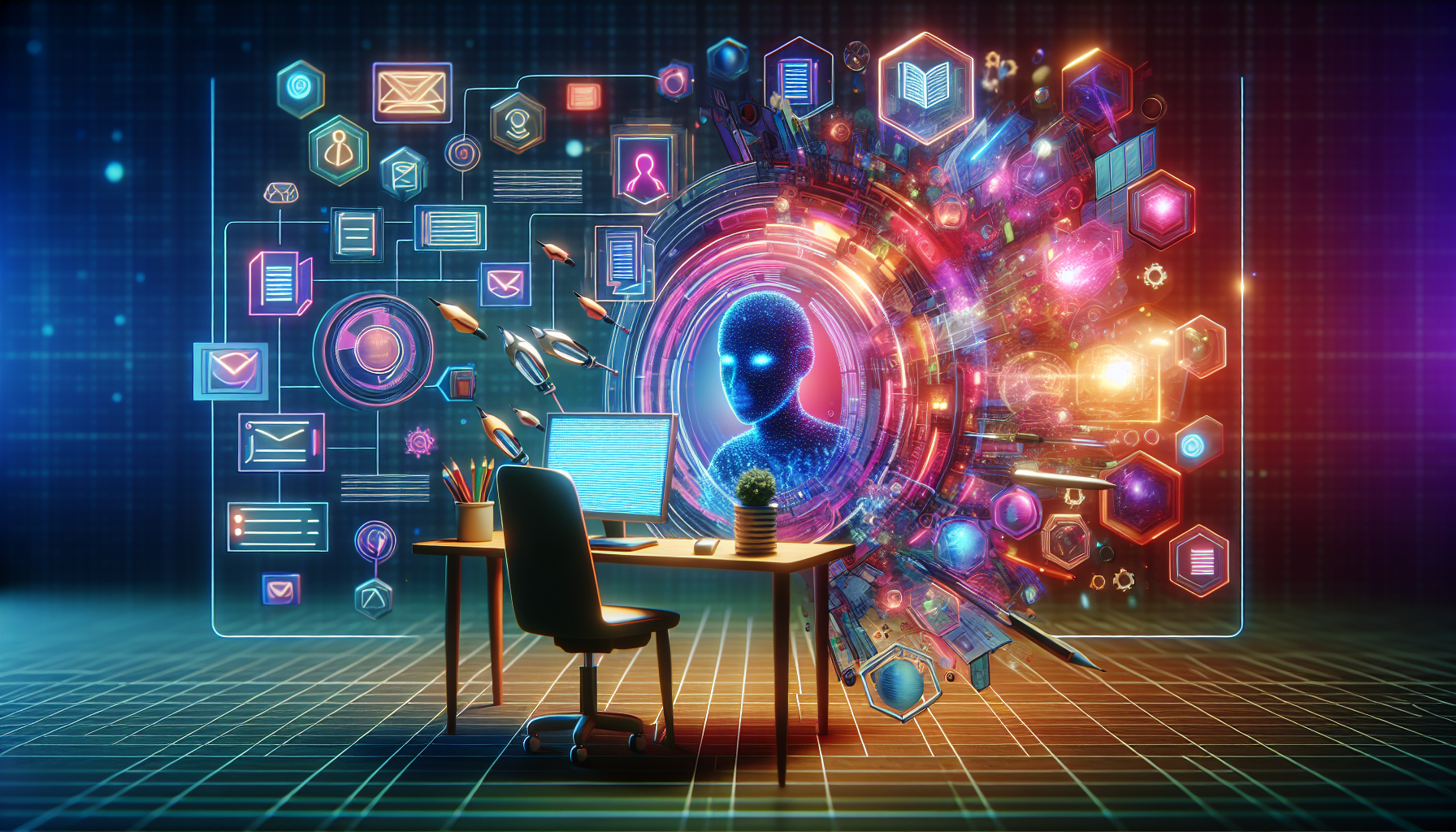- Home
- Artificial Intelligence
- Can AI Replace Screenwriters? Exploring the Future of Scriptwriting

Can AI Replace Screenwriters? Exploring the Future of Scriptwriting
The rapid advancement of Artificial Intelligence (AI) technology has sparked discussions in various industries about the potential for AI to take over jobs traditionally performed by humans. Among these conversations, the film and television industry is no exception, especially within the realm of screenwriting. As AI becomes more sophisticated, there is growing curiosity and concern about its role in scriptwriting. This article explores the possibilities of AI in scriptwriting, its impacts on the industry, and what the future may hold.
The Current State of AI in Screenwriting
AI’s foray into screenwriting is still in its infancy but shows promising signs of potential. Current AI technologies can generate short scripts, dialogue, and story ideas based on inputs they receive. These AI systems utilize machine learning algorithms to analyze vast amounts of existing scripts and literature to produce original content. However, these outputs often require significant editing and refinement by human writers to become viable scripts.
The Potential of AI in Scriptwriting
AI’s most significant potential in scriptwriting lies in its capacity for data analysis and idea generation. AI can assist screenwriters by providing them with unique story ideas, plot structures, and character arcs that may not be immediately apparent. Furthermore, AI can help identify trends in successful movies, potentially guiding writers on themes or elements that could increase their script’s commercial success.
Challenges and Limitations
Despite its potential, AI faces several challenges in replicating the full scope of human creativity required for screenwriting. A significant limitation is its inability to understand and convey deep emotional nuances and the complexity of human experiences in the way a human writer can. Writing a compelling script requires empathy, cultural understanding, and personal experience—attributes that are currently beyond the reach of AI. Additionally, originality in art often comes from imperfection and serendipity, aspects that AI’s calculated methods might not successfully emulate.
Collaboration Rather Than Replacement
Rather than viewing AI as a replacement for human screenwriters, it may be more productive to consider AI as a collaborative tool that can enhance the creative process. AI can take on time-consuming tasks such as researching, formatting, and even generating draft scripts. This partnership allows human screenwriters to focus more on refining narratives, deepening character development, and infusing stories with emotional depth and cultural nuances. In this collaborative model, AI assists in the creative process while humans remain at the helm of storytelling.
The Future of Scriptwriting with AI
The future of scriptwriting with AI likely lies in a balance between technological assistance and human creativity. As AI technology continues to evolve, its role in scriptwriting is expected to grow, providing writers with even more sophisticated tools for storytelling. However, the essence of storytelling—conveying genuine emotion and universal truths—will likely ensure that human screenwriters continue to play a central role in the creation of films and television shows.
Cultural and Ethical Considerations
An important aspect of integrating AI into scriptwriting is considering the cultural and ethical implications. As AI systems learn from existing works, there’s a risk of perpetuating stereotypes or biases present in those sources. Human oversight is necessary to guide AI towards inclusive and diverse storytelling. Moreover, as AI becomes more involved in creative processes, questions about copyright and the ownership of AI-generated content will become increasingly significant.
While AI has the potential to significantly impact the field of scriptwriting, it is unlikely to replace human screenwriters entirely. Its role may be more aligned with that of a tool or collaborator, enhancing the creative process rather than supplanting it. The unique capabilities of human empathy, experience, and creativity mean that the heart and soul of storytelling will remain a distinctly human endeavor, augmented but not replaced by AI.






